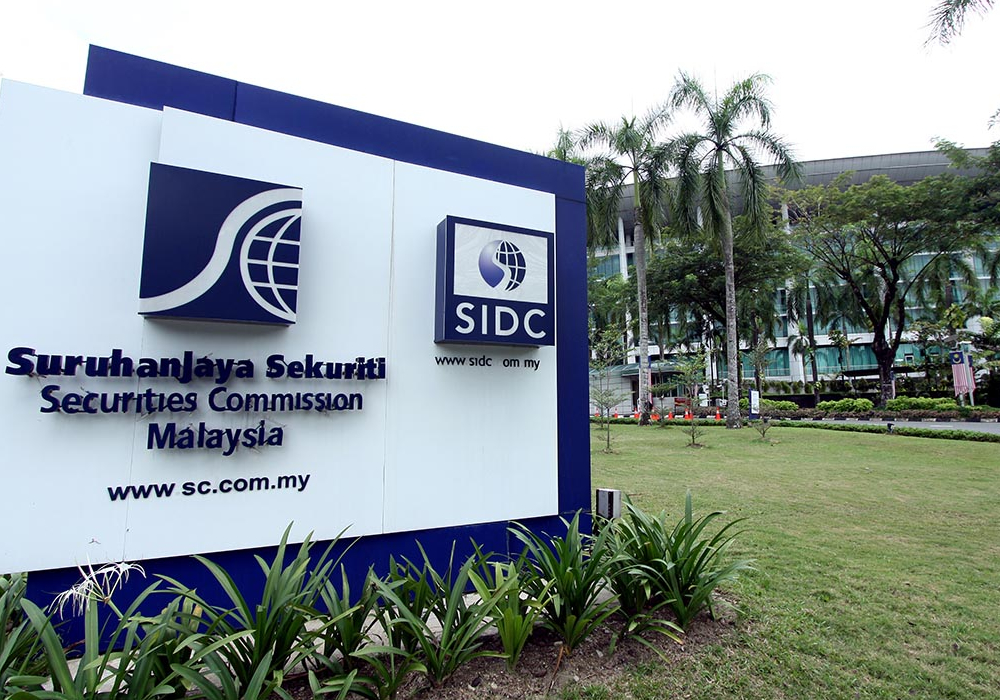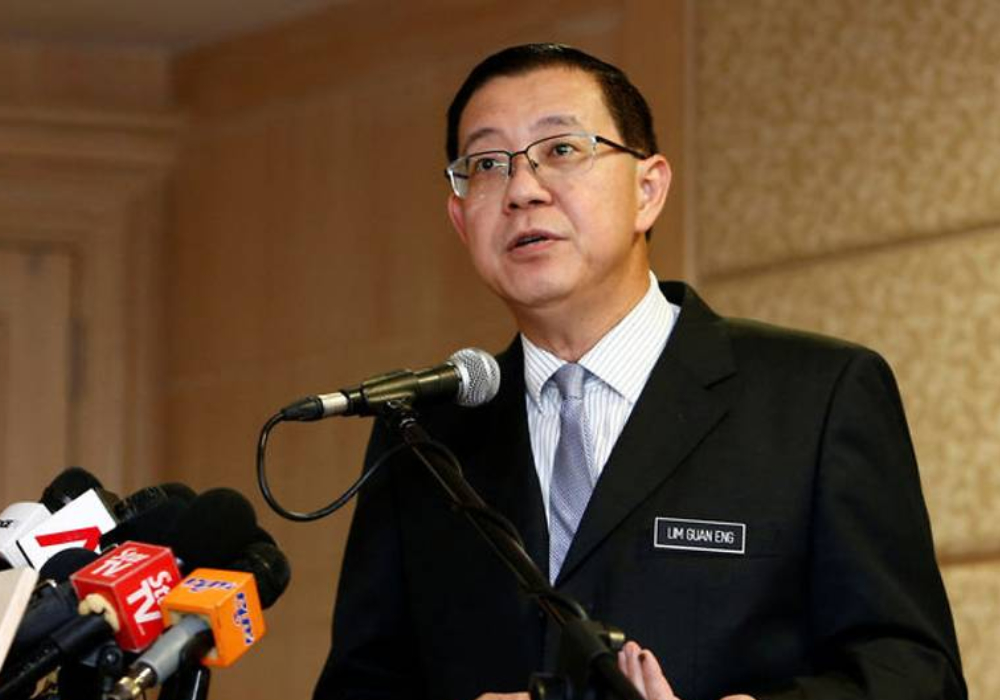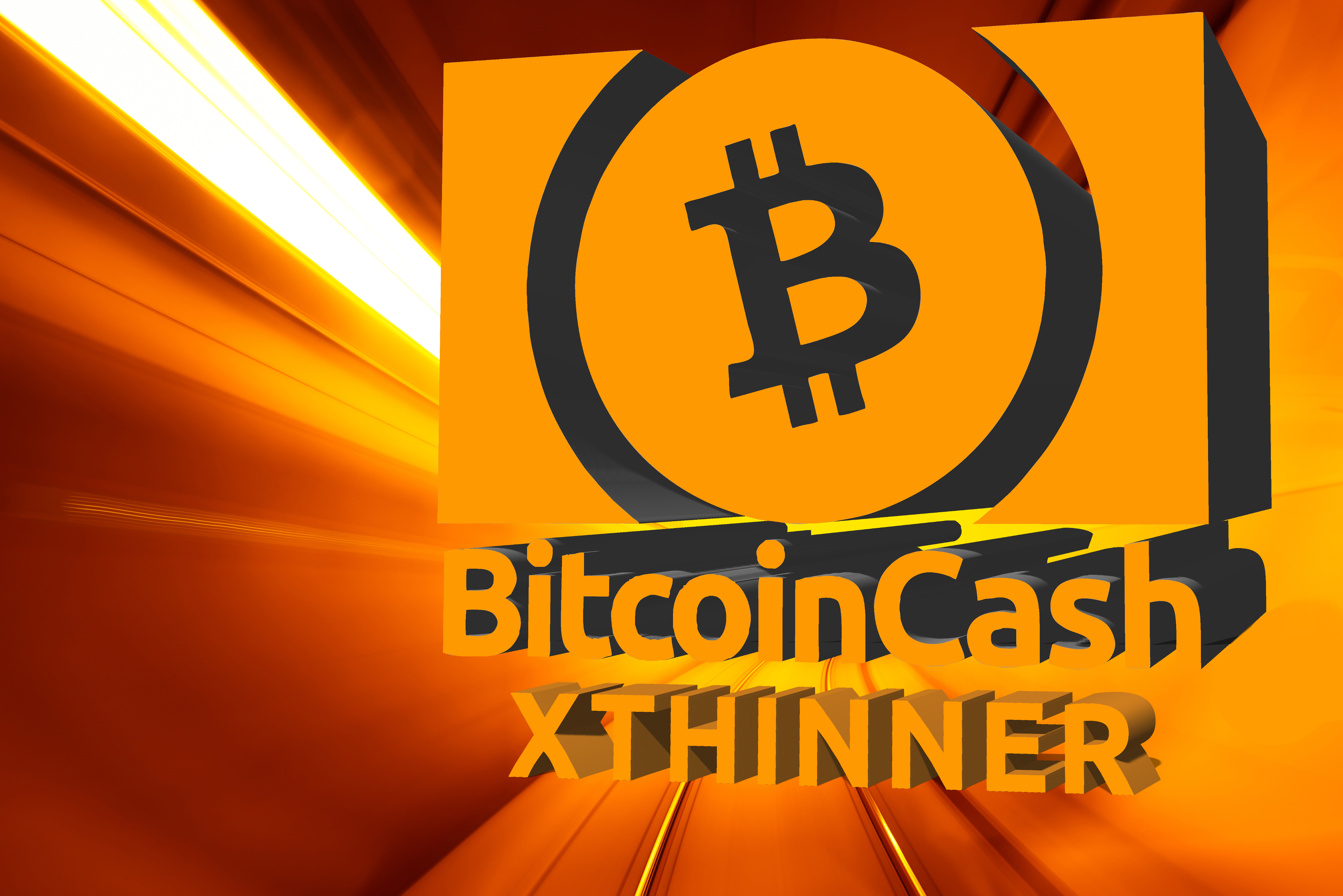
Canada’s electoral body has started consultations on how political parties should handle cryptocurrency donations ahead of general elections slated for October. Political parties have requested guidance from Elections Canada (EC) on accepting contributions and conducting other transactions in bitcoin. EC has now released a draft note that broadly takes the position that cryptocurrency donations are non-monetary, in-kind contributions.
Also read: Thai Startup Atomicpay Launches Non-Custodial Crypto Payments Platform
‘Cryptocurrency Is More Like Bonds and Stocks’
In the draft guidelines published on the Elections Canada website, the autonomous agency states that virtual currencies “have traits of both money and property”, but stresses that they are not the same as money. It says a cryptocurrency donation is non-monetary, describing it more as bonds or stocks, and is therefore not eligible for a tax receipt. However, it should be received within the stipulations and limitations of the Canada Elections Act (CEA).

“Like money, they [cryptocurrencies] can be used to make purchases from businesses that choose to accept them,” the note reads. “But unlike money, they cannot be placed directly into a bank account. Instead cryptocurrencies can be sold for traditional currencies that can be placed into a bank account.” This characteristic, according to Elections Canada, qualifies digital currencies as “a form of ‘property’ and fall under the definition of a non-monetary contribution.”
The position mirrors that of the U.S. Federal Election Commission. Most Canadian government and auditing bodies have already taken the position that cryptocurrencies are non-monetary. The Canada Revenue Agency considers crypto to be a commodity, subject to barter transaction rules when used to buy goods or services.
No to Anonymous Donations
Elections Canada said that political entities receiving donations should set up a two-step process to identify contributors of more than 20 Canadian dollars ($15) and to record transaction information from the blockchain so that contributions can be audited.
Although this recommendation may on paper look easy to implement, it is more difficult than it appears due to the anonymity associated with cryptocurrencies. Donations in crypto will typically be sent and received between digital wallets using public keys that are then translated into addresses and appear on the blockchain ledger as a string of letters and numbers.

These addresses are the only data available to the public as to who the sender and receiver might be. To address these challenges, Elections Canada indicated that when a political party receives donations in cryptocurrency, it should keep “a record of the contributor’s name and address, transaction number on the blockchain or other public ledger, public addresses used in the transaction, contribution date, amount and type of cryptocurrency sent, commercial value in Canadian dollars at the time received, and any transaction fees deducted.”
In addition, the political party should report the individual’s name, address and contribution amount in the financial return, if required, in accordance with the rules for non-monetary contributions.
“Failure to follow these procedures could result in the contribution being considered anonymous for the purposes of the CEA which would require the political entity to pay an amount equal to its commercial value to the Receiver General for Canada,” explain the guidelines.
Candidates Cannot Buy Property Using Donated Crypto

To meet the CEA’s objective of transparency, candidates and party leaders cannot buy property or services directly with cryptocurrencies. This is also the case for registered political parties in terms of their election expenses. The electoral body noted that cryptocurrencies must be liquidated and the funds deposited into the political entity’s bank account before being used to make purchases.
The draft report also noted that when a political entity sells digital currency, the transaction results in a contribution from the buyer only if the purchase price is above fair market value. The contributor must be eligible under the contribution rules and stay within their limit. But political parties can hold crypto for “an indefinite period,” which will be reported as assets at the fiscal year-end.
Political parties have up to Jan. 21, 2019, to submit their opinions and improvements to the draft document.
What do you think about Elections Canada’s draft note on cryptocurrency-based donations for political parties? Let us know in the comments section below.
Images courtesy of Shutterstock.
Express yourself freely at Bitcoin.com’s user forums. We don’t censor on political grounds. Checkforum.Bitcoin.com.
The post Canadian Electoral Agency Clarifies Cryptocurrency Donations for Political Use appeared first on Bitcoin News.
from Bitcoin News http://bit.ly/2VR6t2u Canadian Electoral Agency Clarifies Cryptocurrency Donations for Political Use




















 The team working to launch Malta’s anticipated national cryptocurrency has published two documents seeking to articulate the project’s roadmap for the new year.
The team working to launch Malta’s anticipated national cryptocurrency has published two documents seeking to articulate the project’s roadmap for the new year. In an article recently posted by the official Medium account of the SOV, the project announced that it would be working alongside
In an article recently posted by the official Medium account of the SOV, the project announced that it would be working alongside  According to the team, the project’s developers “envision the Marshall Islands evolving in a similar way to the Cayman Islands,” a territory which currently incorporates “75% of the world’s hedge funds” in spite of having a small population that is comparable to that of the Marshall Islands.
According to the team, the project’s developers “envision the Marshall Islands evolving in a similar way to the Cayman Islands,” a territory which currently incorporates “75% of the world’s hedge funds” in spite of having a small population that is comparable to that of the Marshall Islands.